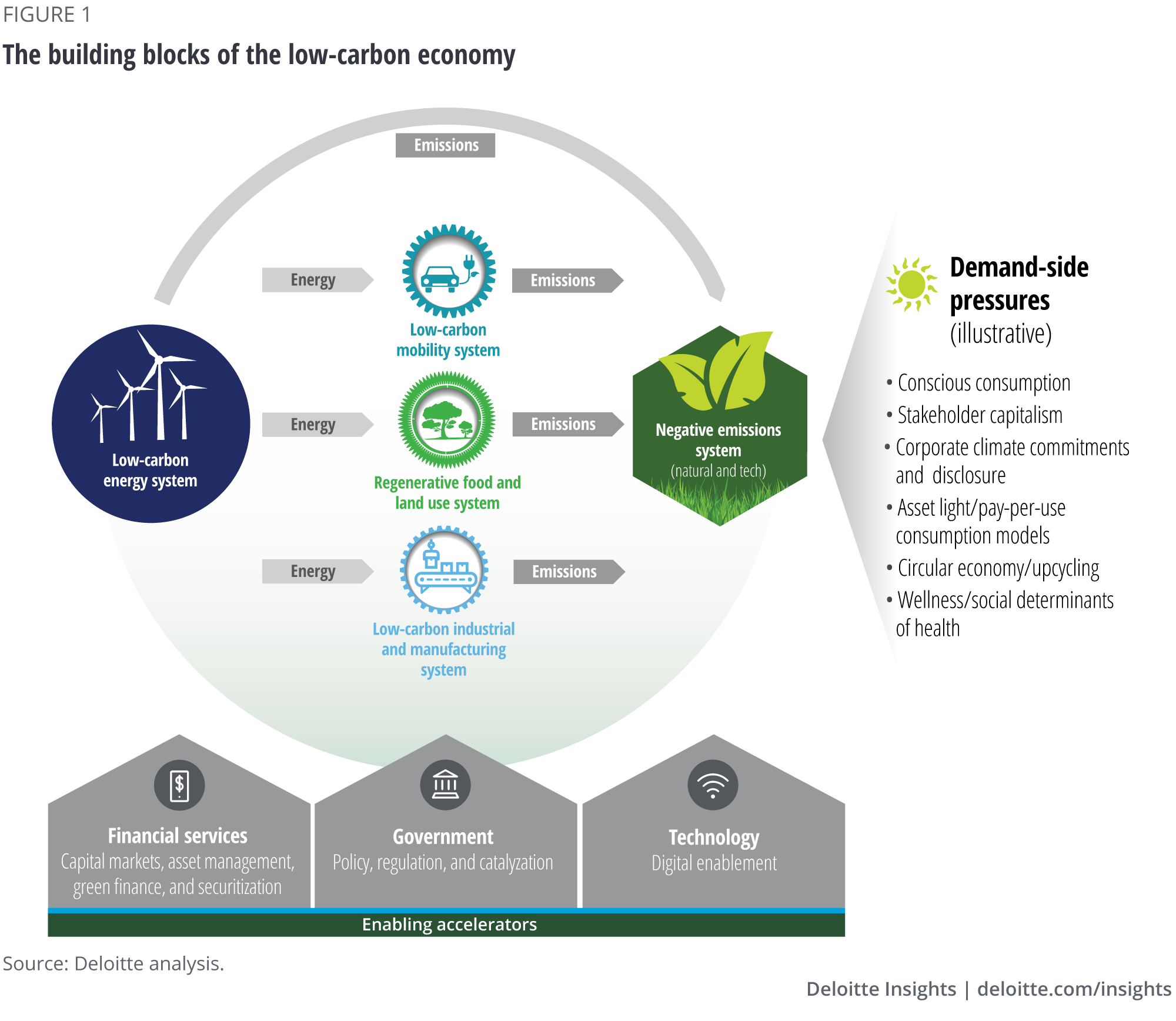Why the urgency?
Photo by Braden Collum on Unsplash
Climate change is in your face today, whether you like it or not.
It’s hard to read the news, attend a conference, or even have a casual chat without it coming up. The realities are hitting home — and now the science is catching up with what many have already experienced.
And yet, despite this growing awareness, we’re still not acting with the urgency the situation demands.
So here’s a quick primer on why your business needs to get a handle on what climate change means for you — and why some actions can’t wait.
Science tells us we are at a tipping point
Let’s start with the science. The immense research being done on climate change — and the people dedicating their lives to it — is there to help us. They’re raising the alarm and showing us what’s needed to avoid worst-case outcomes.
Here’s what they’re saying:
We need to cut global emissions by 43% by 2030 to have any real hope of staying within 1.5°C of warming.
That used to be 2°C — but increasingly, scientists are warning that 2°C carries unknown and potentially catastrophic risks.
We’ve already reached around 1.1°C of warming, and there are signs that several critical tipping points may already have been crossed.
This is where the precautionary principle kicks in — and it’s relevant for every business leader.
Don’t let a lack of scientific certainty be an excuse to delay action.
Alongside emissions reductions, there's also an urgent need to adapt to the climate changes already locked in. The UK Environment Agency outlined five “climate reality checks” that apply well beyond the UK. The message is clear: we’re not preparing fast enough
The markets is already shifting – shift to thrive
There’s a scientific imperative. But there’s also a market signal.
Entire systems are transitioning in response to the climate crisis. This is not speculative — it’s already underway. Businesses that ignore this risk falling behind.
The UN talks about a “six sector solution” to climate change. Deloitte offers a systems view of the five major shifts we’ll see as the world transitions toward net zero.
Here’s a quick summary of those five (plus one more)::
1. Energy
The cost of renewables is dropping fast. Markets are responding with huge investments in solar, wind, storage, and smart grid tech.
2. Mobility
Cities are being redesigned to move beyond the car-centric model. Active transport, EV infrastructure, and low-emission zones are becoming the norm.
3. Regenerative food and land use
Plant-based diets are growing. Regenerative agriculture is emerging as a viable, low-impact alternative.
4. Low-carbon industry and manufacturing
LEAN is evolving toward circularity. Low-emissions steel and concrete are on the rise.
5. Negative emissions
While controversial, real money is going into carbon removal — both natural (like reforestation) and technological (like direct air capture).
6. Degrowth (the one to watch)
Deloitte references demand-side pressures, but degrowth is gaining traction. It’s not anti-business — it’s about building economies that use fewer resources more wisely.
These six system shifts will create new markets, slow others, and kill off a few entirely. Now’s the time to ask: How will your business model hold up?
Your people are paying attention
Employees — and future employees — are watching all of this unfold, too.
We’ve had the talent war, the great resignation, and now “quiet quitting.” Whatever you call it, one thing is clear: people want alignment.
Environmental and social impact are no longer fringe concerns. They are central to how people choose where to work and who to work for.
If you rely on talented people to run your business — and most do — then the time to establish a credible climate stance was probably yesterday.
What are we waiting for?
There is a clear imperative for business to respond to climate change — and to do so urgently.
The science is unambiguous
The impacts are already emerging
The systems around us are beginning to shift
And the talent pool is getting more informed, more values-driven, and more vocal
Businesses that want to thrive in this changing environment need a clear action plan to become climate-ready.


